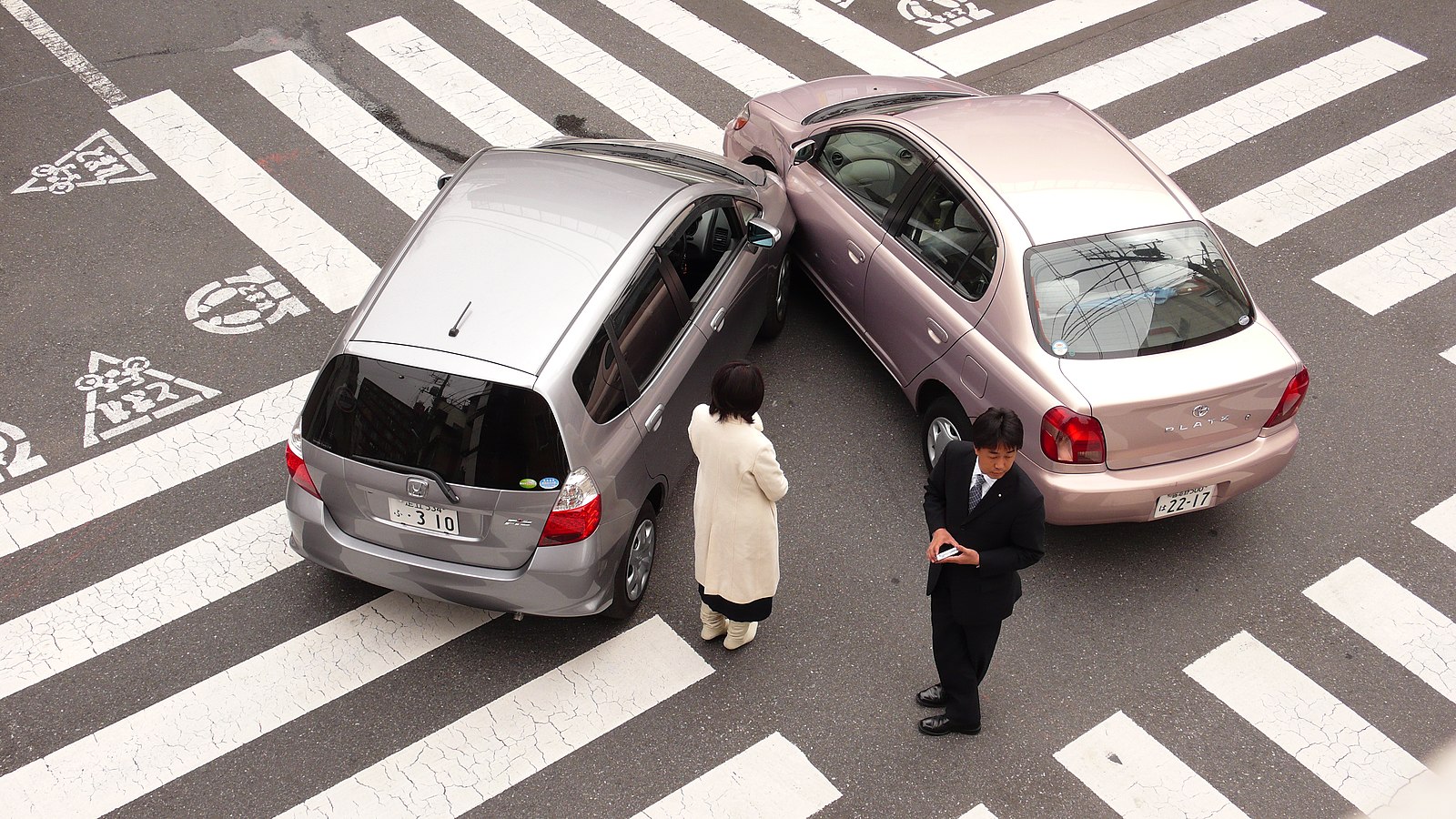MARCH 19, 2025 – Inside the broad sweep of history, we search for keys to unlock secrets of the future. Given how politics, economics, and cultural features evolved (and devolved) in the past, how might we divine the course they will take next month, next year, two generations forward? We take various slides from the collection of events past, insert them under the lens of the microscope and attempt to read them as if the specimens were tea leaves.
This is the way it should be, except . . . what’s missing from the endless inventory of slides—not “missing” but non-existent slides—are the numberless accidents of history. If accidents within the structure of history are as certain as accidents involving 3M R & D labs (think Post-It notes), violinists performing on stage or football players executing plays on the gridiron, the precise time and nature of those accidents is entirely unpredictable.
Will it be in the first movement or the last of a concerto in which notes of a run are bobbled? Will it be the quarterback’s arm or the receiver’s reach that mishandles the pass? No one can know in advance; only that at (or on) some stage of play, the undesirable will occur, upsetting hopes of players and auditors/spectators alike.
So it will be with whatever develops from our current political circumstances. One could argue that the current regime—particularly the bizarre element of the non-elected billionaire functioning as the de facto Minister of Disassembly—is itself an extended accident; in its totality an aberration so extreme it qualifies as any of the synonyms that my laptop dictionary app offers for “accident”: mishap, misfortune, misadventure, mischance, unfortunate incident, injury, disaster, tragedy, catastrophe, contretemps, calamity, blow, trouble, problem, difficulty, technical casualty.
Given that 77 million Americans gave the mishap, et cetera of Trump’s second election—and by extension, the election of President Musk—their express approval last November, few of us are calling that event an accident. I myself am on record concluding that it was the natural culmination of our history. In the laboratory of historical review, I could show you an entire cabinet full of microscope slides bearing ample evidence supporting my hypothesis. Perhaps the most disturbing set of slides include (a) the long-standing American phenomenon of privately financed political campaigns; (b) the interminable campaigns that are so remarkably expensive to run successfully; (c) the Supreme Court decision in Citizens United; and (d) President Musk’s $240 million contribution to President Trump’s election. No accidents there.
But what if we’re wrong? What if the Trump-Musk elevation to the presidency was indeed an accident? What if the bullet skimming candidate Trump’s ear is what turned enough (misguided) heads to put him over the top? Or perhaps substantively, what if the viral mutation causing the bird flu pandemic responsible for the high price of eggs is viewed as “accidental”? Or likewise, Biden’s abysmal performance in the June 2024 debate was the direct result of an accidentally bad lot of OTC cold medicine—not growing dementia?
We’ll never know, of course, but the foregoing trumped-up possibilities merely illustrate: accidents do happen, and just as “For want of a nail . . . the kingdom was lost”[1], a sequence of events triggered by an accident can lead to an unforeseen and unfortunate result.
From this day forward, absolutely nothing about the future—tomorrow, the next day or beyond—is chiseled into polished granite, then sealed for eternity (or at least until all human extinction). If we know from experience that something, somehow will in some fashion change the course we’ve followed to the present, we can’t know the specific events and precipitous conditions that sooner or later will disrupt what we all think, fear, or hope will unfold henceforth. Simply stated, we can’t say when, where, how—or . . . if.
And yet, despite the certainty of accidents of uncertain timing and nature, we shouldn’t yield to distress too soon or easily. If we associate most accidents with undesirable outcomes, some accidents can move things in a positive direction. Quite possibly in the midst of wringing our hands in despair, a felicitous accident could have us clapping with joy. We can’t count on it, but neither should we count it out.
Subscribe to this blog and receive notifications of new posts by email.
© 2025 by Eric Nilsson
[1] The full proverb, included in the 1758 issue of Ben Franklin’s Poor Richard’s Almanack [sic] (but probably borrowed from George Herbert’s 1640 summary of yet earlier versions of the same aphorism) was:
For want of a nail the shoe was lost.
For want of a shoe the horse was lost.
For want of a horse the rider was lost.
For want of a rider the message was lost.
For want of a message the battle was lost.
For want of a battle the kingdom was lost.
And all for the want of a horseshoe nail.
